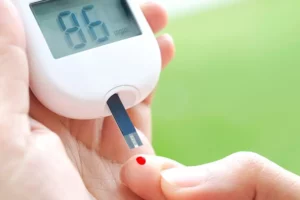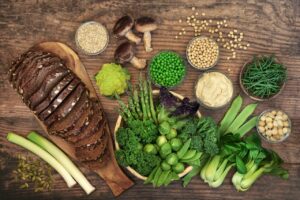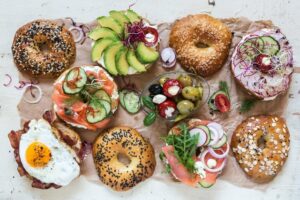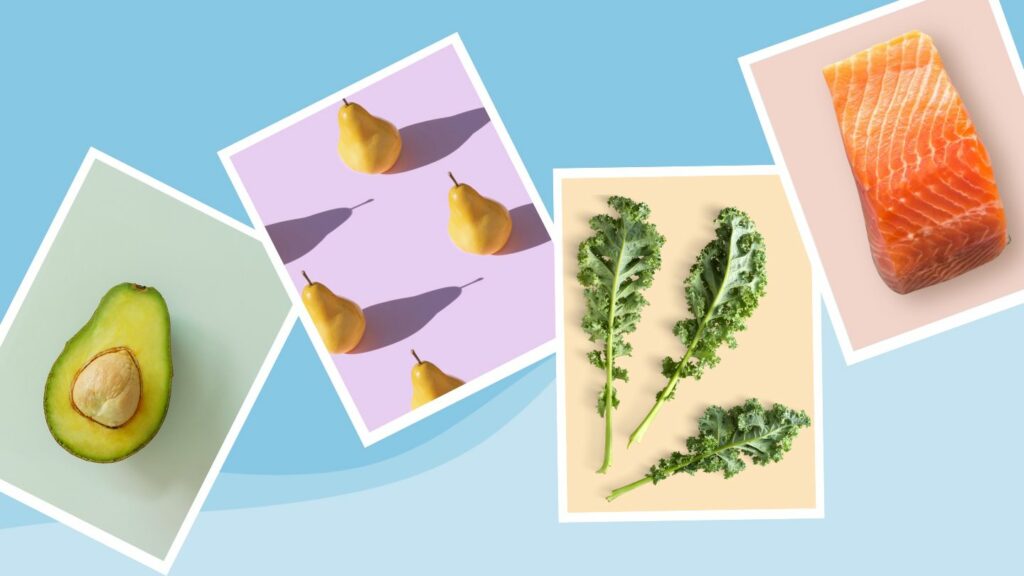Hypoglycemia, commonly known as low blood sugar, is a condition where the glucose levels in the blood drop below normal. This can lead to a range of symptoms, including dizziness, weakness, confusion, and even fainting. Proper management of hypoglycemia involves not only medication but also a well-balanced diet to maintain stable blood sugar levels. In this blog, we will explore a variety of hypoglycemia treatment foods that can play a crucial role in managing this condition.
Contents
Understanding Hypoglycemia

Hypoglycemia is a medical condition characterized by abnormally low levels of glucose (sugar) in the blood. Glucose is the primary source of energy for the body’s cells, and maintaining an appropriate blood sugar level is crucial for overall health and well-being. When blood sugar levels drop below normal, the body may not receive an adequate supply of energy, leading to a variety of symptoms.
Causes of Hypoglycemia:
- Medications: Some medications, particularly those used to treat diabetes (such as insulin or certain oral medications), can lower blood sugar levels. It is crucial for individuals taking these medications to carefully manage their dosage and timing to prevent hypoglycemia.
- Skipping Meals: Going for extended periods without eating, especially for individuals with diabetes or those on certain medications, can lead to a drop in blood sugar levels.
- Excessive Alcohol Consumption: Alcohol can interfere with the body’s ability to regulate blood sugar. Excessive drinking, especially on an empty stomach, can lead to hypoglycemia.
Can Food Items Help To Manage Hypoglycemia?
Yes, food plays a crucial role in managing hypoglycemia, which is characterized by low blood sugar levels. Consuming the right types of foods and maintaining a balanced diet can help regulate blood sugar levels and prevent hypoglycemic episodes.
Here are the key benefits of incorporating specific food items to help manage hypoglycemia:
- Stabilizes Blood Sugar Levels: Foods rich in complex carbohydrates, such as whole grains and legumes, release glucose slowly, preventing rapid spikes and crashes in blood sugar levels.
- Sustained Energy Release: Consuming a combination of complex carbohydrates and lean proteins provides a sustained source of energy. It reduces the likelihood of sudden drops in blood sugar.
- Improved Insulin Sensitivity: Including foods with a low glycemic index, like berries and non-starchy vegetables, can contribute to improved insulin sensitivity, helping regulate blood sugar more effectively.
- Balanced Snacking: Choosing balanced snacks that combine protein and complex carbohydrates, such as Greek yogurt with berries or nut butter with whole grain crackers, helps maintain blood sugar levels between meals.
- Nutrient-Rich Options: Fruits, vegetables, and whole grains are nutrient-dense, providing essential vitamins, minerals, and fiber. These contribute to overall health and well-being.
- Protein for Blood Sugar Stability: Protein-rich foods like chicken, fish, tofu, and legumes help stabilize blood sugar levels. It is by slowing down the digestion process.
- Healthy Fats for Satiety: Incorporating sources of healthy fats, such as avocados, nuts, and olive oil, contributes to a feeling of fullness and satisfaction. This is without causing rapid blood sugar fluctuations.
- Hydration for Overall Health: Staying well-hydrated with water and herbal teas supports overall health and can positively influence blood sugar regulation.
- Prevention of Overeating: Eating regular, balanced meals and snacks throughout the day helps prevent overeating during subsequent meals. It promotes a more stable blood sugar profile.
List of Hypoglycemia Treatment Foods

Which Hypoglycemia Treatment Foods To Choose?

Hypoglycemia, or low blood sugar, can be managed through a combination of lifestyle changes, medication (if prescribed by a healthcare professional), and dietary choices. When selecting foods to treat hypoglycemia, several factors should be considered:
- Portability and Convenience: Opt for easily portable and convenient sources of carbohydrates for on-the-go treatment. This is especially true if you may not have immediate access to a full meal.
- Balanced Snacks: Consider snacks that combine carbohydrates with a small amount of protein or fat to provide more sustained energy. It also helps to prevent a rapid drop in blood sugar after the initial increase.
- Fiber Content: Foods with higher fiber content, like whole grains, may have a slower impact on blood sugar. While they can still be useful, they may not be as effective for rapidly raising blood sugar in emergencies.
- Individual Preferences and Tolerances: Consider personal preferences and tolerances. Some individuals may prefer certain foods or beverages, and it’s important to choose items that are well-tolerated and will be consumed willingly.
- Avoiding Excessive Sugar: While quick-absorbing carbohydrates are essential, it’s important to avoid excessive sugar intake, which can lead to a subsequent spike in blood sugar followed by another crash.
- Monitoring Blood Sugar Levels: Regularly monitor blood sugar levels to determine the effectiveness of the chosen foods and adjust accordingly. This can help prevent overcompensating and causing a subsequent spike.
- Medical Advice: Always follow the guidance and recommendations of healthcare professionals, including any specific dietary instructions provided by a doctor or dietitian.

